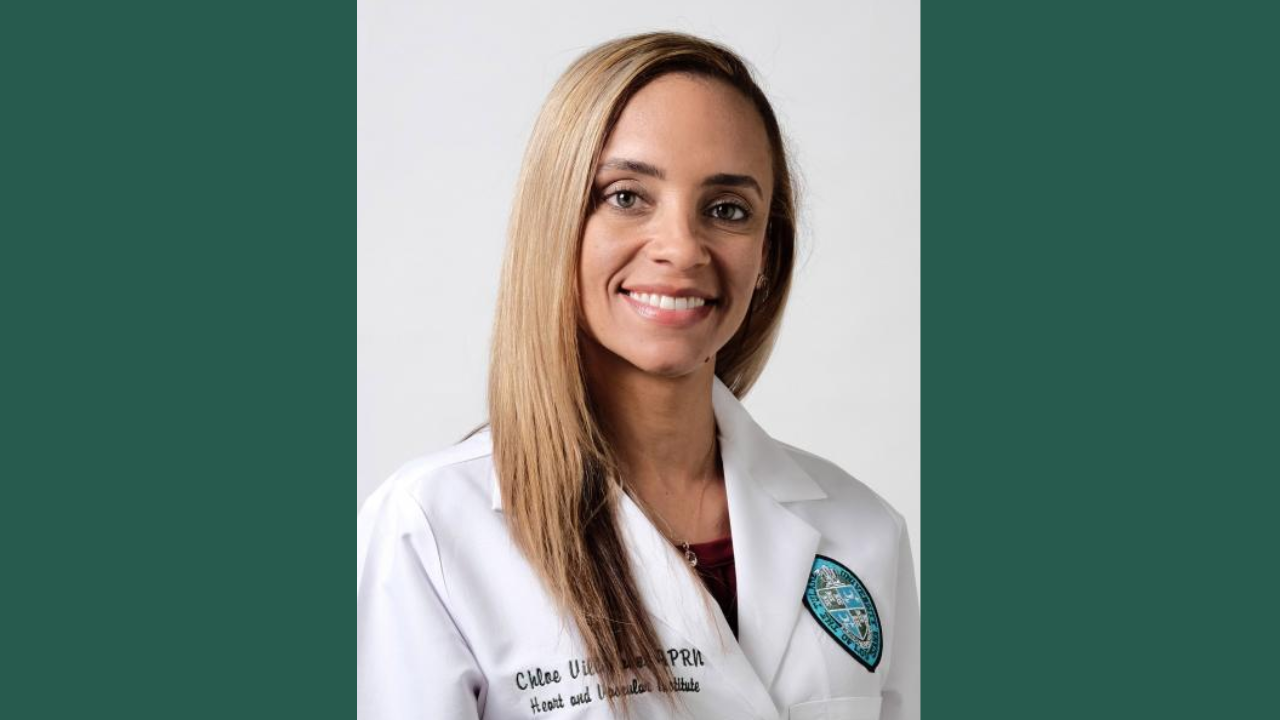Tulane cardiology part of podcast series looking at race and heart disease
February is a time to honor Black History Month and American Heart Month, and the Section of Cardiology at Tulane University School of Medicine took part in a podcast that examined both of those topics. The Medical Alley Association partnered with the Association of Black Cardiologists and the Preventive Cardiovascular Nurses Association for a three-part content series to shine a light on the reality of current health disparities and identify ways to create more equitable healthcare solutions.
Both Keith C. Ferdinand, MD, the Gerald S. Berenson endowed chair in preventative cardiology and professor of medicine, and Chloe Villavaso, APRN,CNS, instructor of medicine, were part of the series. Villavaso’s conversation focused on how barriers in access to preventive care and timely interventions are greatly impacting populations of color and are key contributors to the state of heart health in BIPOC communities.
“As providers, we have to look at those social determinants of health when treating our patients,” said Villavaso. “It’s not just about prescribing the latest, greatest medication. We have to look at what a patient can afford, their transportation – can they even make it to a clinic? We as clinicians have to get into the habit of remembering to ask those questions.”
According to the American Heart Association, Black adults in the U.S. have a higher prevalence of high blood pressure, or hypertension, than other racial and ethnic groups. Black adults are more likely to develop complications from hypertension including stroke, kidney disease, blindness, dementia and heart disease. Villavaso says the COVID-19 pandemic exposed these health disparities.
“When you consider the number of BIPOC individuals who work in service industries, they didn’t have the advantage of working remotely,” said Villavaso. “Then you tie in the fact this population has an increased prevalence of comorbid conditions like hypertension and diabetes. COVID opened our eyes to the health inequities that exist.”
Villavaso believes conversations like the podcast keep the momentum going for real change, and she challenges providers to work the discussions in with their patients.
“Taking time to learn the history that influences mistrust in healthcare by BIPOC and fusing this with simple, genuine conversation to get to know our patients, will go a long way,” said Villavaso. “Any step we take to eliminate health disparities, to make healthcare more equitable, benefits our patients and society.”
To listen to the conversation with Chloe Villavaso, click here. To listen to Dr. Ferdinand’s episode, click here.

